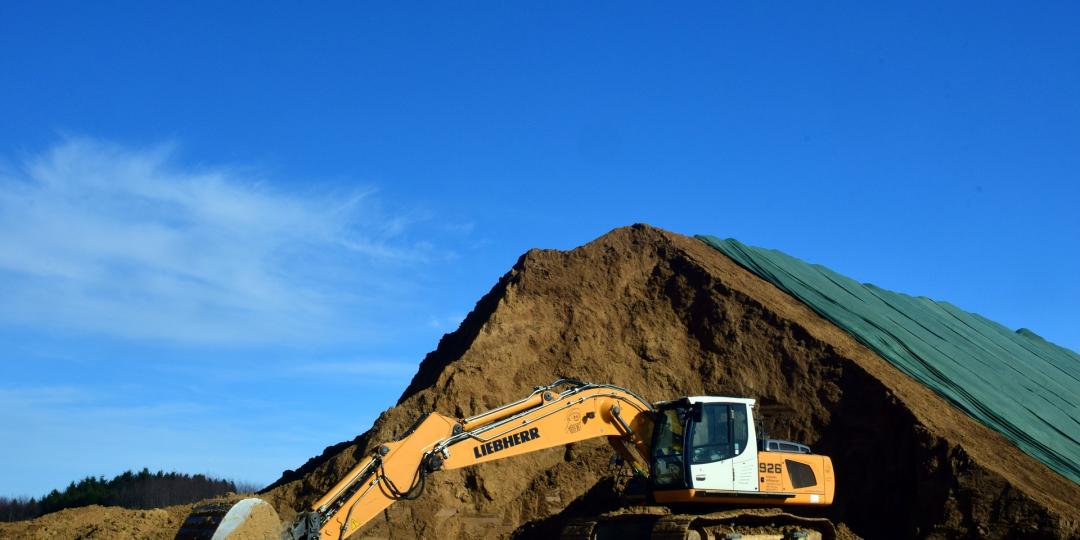by Kirsty Kilner and Lerato Molefi, Webber Wentzel
Climate change has put a spotlight on various sectors to ensure that they comply with specific regulations governing pollution control. The mining sector, in particular, is currently facing environmental legal over-regulation which has created a negative atmosphere with regards to residue stockpiles and deposits regulations.
The National Environmental Management Amendment Act IV (NEMLAA IV) will introduce a shift in the regulation of residue stockpiles and deposits when it is signed into law. Residue stockpiles and deposits are currently regarded as waste, and are, therefore, regulated under the National Environmental Management: Waste Act 59 of 2008 (Waste Act). NEMLAA IV will amend the definition of waste to exclude residue stockpiles and deposits. This removes the regulation of residue stockpiles and deposits from the Waste Act. Residue stockpiles and deposits will instead be regulated in terms of the National Environmental Management Act 107 of 1998 (NEMA).
Transitional arrangements will be imposed to facilitate this change. This means that:
- Any approval granted or Waste Management Licence (WML) issued in relation to residue stockpiles and deposits under the Waste Act will remain valid until it lapses, or until it is replaced under NEMA.
- The Regulations (2015) regarding the planning and management of residue stockpiles and deposits, that were published under the Waste Act remain in force and will be deemed to have been promulgated in terms NEMA.
When NEMLAA IV becomes operational (and subject to the transitional arrangements), a WML will no longer be required to authorise residue stockpiles and deposits. It is expected that residue stockpiles and deposits will, in future, be required to be regulated in terms of Environmental Authorisation (EA) and approved EMPR, issued in terms of NEMA. We anticipate that further changes will need to be made to the NEMA listed activities to facilitate this regulatory shift. We similarly anticipate that the residue stockpile and deposit regulations will also be amended to bring them in line with the changes that will be imposed by NEMLAA IV.
The proposed amendments to the regulation of residue stockpiles and deposits should be kept in mind when considering the planning and management of residue stockpiles and deposits.
Contact Webber Wentzel, Phone 011 530-5000, www.webberwentzel.com















